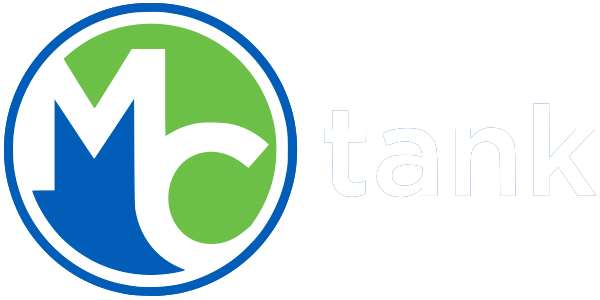Medical Certificates, Hazmat Recertification, and Cold Weather
Medical Certificates. The FMCSA has established a deadline of 30 January 2014 for all states to collect medical cards from drivers who hold CDLs and enter the medical qualification data into their driving records. As of that date, if you have already sent the state licensing agency, your card, you will no longer have to carry your medical card. If you have a medical exemption, you will need to continue carrying proof of the exemption. Be sure that you renew your medical certificate before it expires. There is no grace period. Failure to be medically qualified could cost your up to $2,750. Failure to provide your medical card to the state licensing agency could cost you your interstate driving privileges. When you get a new medical card the following applies:
- Provide a copy of the card to the state licensing agency as soon as possible.
- Provide a copy of the card to your Terminal Manager who will forward it to the Human Resources Manager.
- Carry it with you for the next 15 days. This will give you a five day cushion since the state licensing agency has ten days to enter the data.
Biannual HAZMAT Recertification. The FMCSA requires that all HAZMAT Employees be recertified every three years. However, M.C. Tank Transport has opted to conduct this recertification biannually. The recertification is being conducted during the fall quarter of this year during the Safety Meetings. The biannual recertification is a condition of employment. Not being recertified by 31 December 2013 will result in you not working until you are recertified. If you miss the safety meeting you must make arrangements with your respective Terminal Manager to complete this recertification.
Cold Weather Preparation. Since it won’t be long before the winter weather arrives, don’t be caught out in the cold (yep that was a pun). Now is a good time to put together your winter survival bag for the event that you are stranded for two or three days. As a minimum, the bag should include :
- Extra clothes.
- Extra blankets or sleeping bag.
- A two-three day supply of non-perishable food.
- A flashlight with batteries.
- A candle with matches.
- Winter coat, boots, and gloves.
- Bathroom supplies.
- Any prescription medicine that you are currently taking.
- Bottled water.
Fire Prevention Month. October is dubbed “Fire Prevention Month”. This month is a good time to schedule your heating system service and also change the batteries in your smoke and carbon monoxide detectors in your home. Also review your fire escape plan with all family members.
